Ex-Biden Official and Economist Cited by Trump Admin to Justify Tariffs Shreds Policy in Scathing Op-Ed
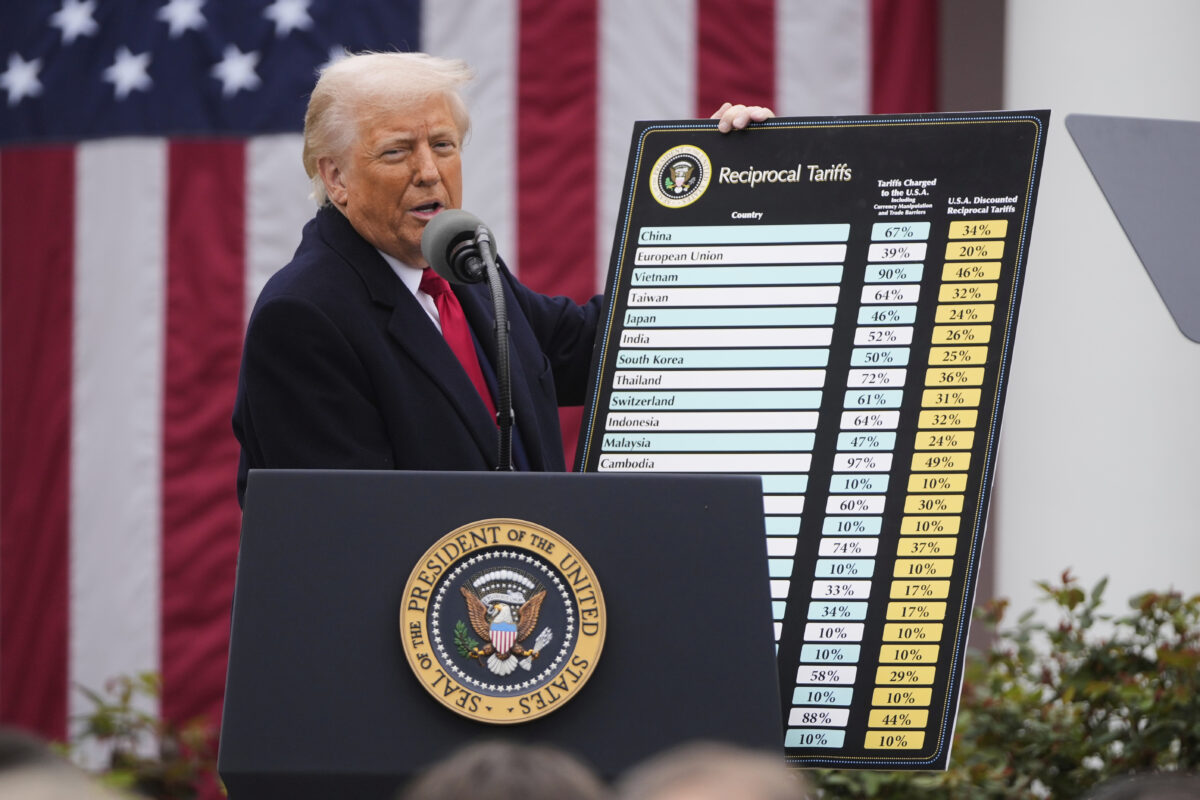
AP Photo/Mark Schiefelbein
A University of Chicago economist was stunned to learn the Donald Trump administration had used his research to justify a sweeping new tariff plan — and he’s now forcefully slamming the policy and its math.
Brent Neiman, a former Treasury official under President Joe Biden, co-authored a paper that the U.S. Trade Representative cited last week to justify tariffs as high as 50% on imports from countries with large trade surpluses. But in a sharply worded New York Times op-ed on Monday, Neiman said the administration “got it very wrong.”
“I disagree fundamentally with the government’s trade policy and approach,” Neiman wrote. “Even taking it at face value, our findings suggest the calculated tariffs should be dramatically smaller — perhaps one-fourth as large.”
The Trump administration’s tariff salvo targets nearly every U.S. trading partner, with rates that analysts say are among the highest in more than a century.
“My first question, when the White House unveiled its tariff regime, was: How on earth did it calculate such huge rates?” he wrote. “Reciprocal tariffs, after all, are supposed to treat other countries the way they treat us, and foreign tariffs on American goods are nowhere near these levels.”
Neiman then argued the administration plugged in a 25% tariff pass-through rate that “bears little resemblance” to his study’s findings.
“We found that tariffs of, say, 20 percent caused domestic importers to pay nearly 19 percent more,” he explained. “That represents a pass-through into import prices of about 95 percent… the price paid for U.S. imports would rise almost as much as the tariff rate.”
Neiman continued to argue that the policy is based on flawed assumptions and a fundamental misunderstanding of trade economics. The administration’s focus on eliminating bilateral trade deficits is, in his view, economically unsound.
“Trade imbalances between two countries can emerge for many reasons that have nothing to do with protectionism,” he wrote, pointing to development levels, natural resources, and comparative advantage as normal factors behind trade patterns.
“I would strongly prefer that the policy and methodology be scrapped entirely,” he concluded. “But barring that, the administration should divide its results by four.”
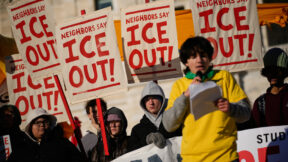
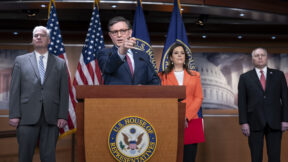
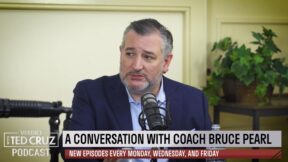
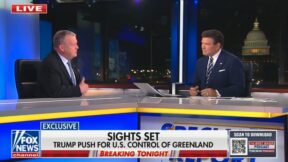

Comments
↓ Scroll down for comments ↓